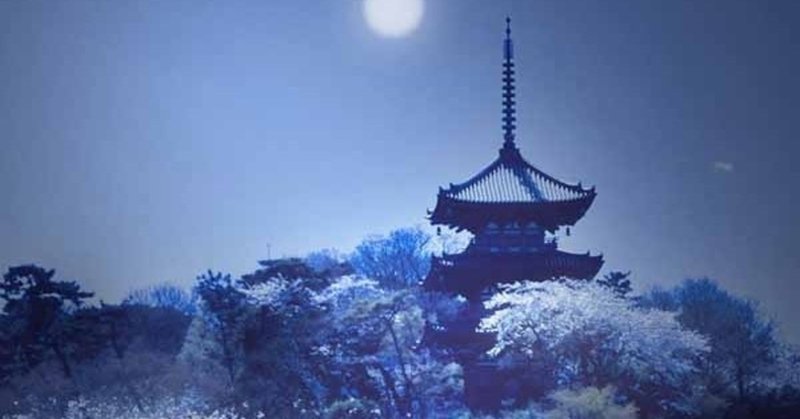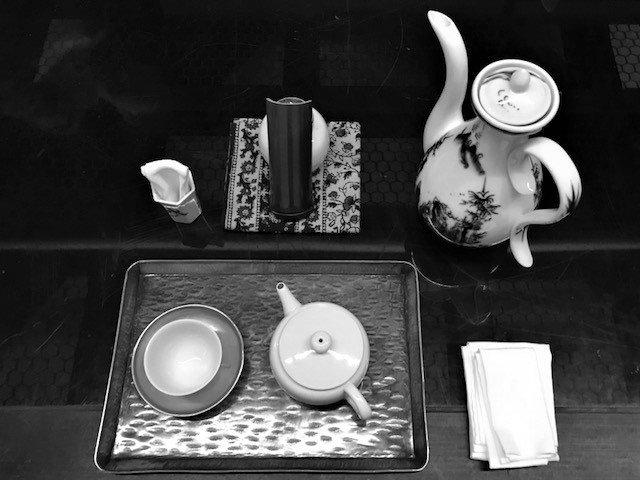
春の宵は、千金に値する。 Spring evening deserves a thousand golds
清少納言の「枕草子」は、四季の、それぞれの特徴を一言で表している。
それは、春なら「あけぼの」、夏は「夜」、秋は「夕暮れ」、そして冬は「早朝」というように。
Seishonagon's “Makura no Soshi” expresses each feature of the four seasons in one word.
It is "Akebono" in spring, "night" in summer, "dusk" in autumn, and "early morning" in winter.
中国では、北宋時代の著名な詩人である蘇軾(そしょく)は、春を「夜」と表している。春の夜は、ひとときでも千金の値があると思えるほどすばらしい、という「春夜」という詩を残している。
春の夜は、楽しくもあり、寂しくもある。詩ではもの悲しい季節として、秋もさることながら春の宵は「寂寂」とした情感を醸し出す。
In China, prominent poet of the Northern Song Dynasty, Soshoku describes spring as “night”. It leaves the poem "Spring Night" that a spring night is so wonderful that you can think that it is worth a thousand golds.
Spring nights are both fun and lonely. As poetry is a sad season, spring evenings create a feeling of "loneliness".
その代表詩がご存知の「春夜」である。
The representative poem is "Shunya", which you know.
春宵一刻値千金
花有清香月有陰
歌管樓臺聲細細
鞦韆院落夜沈沈
現代訳では、
In modern translation,
春の夜は、ひとときでも千金の値があると思えるほどすばらしい
花は清らかに香り、月はおぼろにかすんでいる
歌声や楽器の音が鳴り響いていた楼閣も、今はかすかに聞こえるばかり
ぶらんこのある中庭では、夜が静かにふけてゆく
Spring nights are so wonderful that you can think that they are worth a thousand golds. The flowers have a clean scent and the moon is hazy. The tower, where the singing voice and the sound of musical instruments were echoing, is now only faintly heard. In the courtyard with a swing, the night quietly fades away
春の夜は、管弦を聴いたり、花や月を愛でていると寂寂なる感情が溢れてくる。それが、春の宵の千金なのかもしれない。
On spring nights, listening to the orchestra and loving flowers and the moon overflows with lonely emotions. It may be the spring evening.
そんな想像を膨らませながら、梅雨に霞む夜空を眺めながら玉露の味を楽しんだ。
While expanding such imagination, I enjoyed the taste of gyokuro tea while gazing at the night sky hazeing in the rainy season.

レポート & 写真 / 渡邉雄二
Reported & Photos by Yuji Watanabe
よろしければサポートお願いします。日本の伝統文化に関心を寄せています。若いころに文化圏の異なる地域の方たちとの交流で日本のことをあまりにも知らなかったことに気づかされ、それがきっかけで広く浅く学んでいます。拙いレポートですが、お目に留めていただければ幸です。
